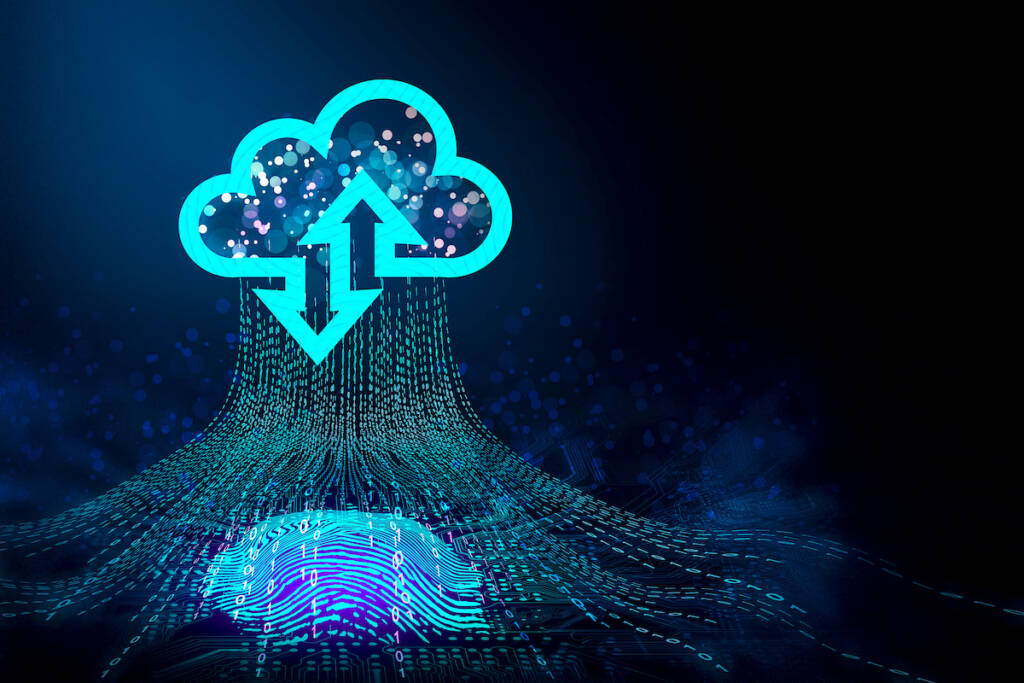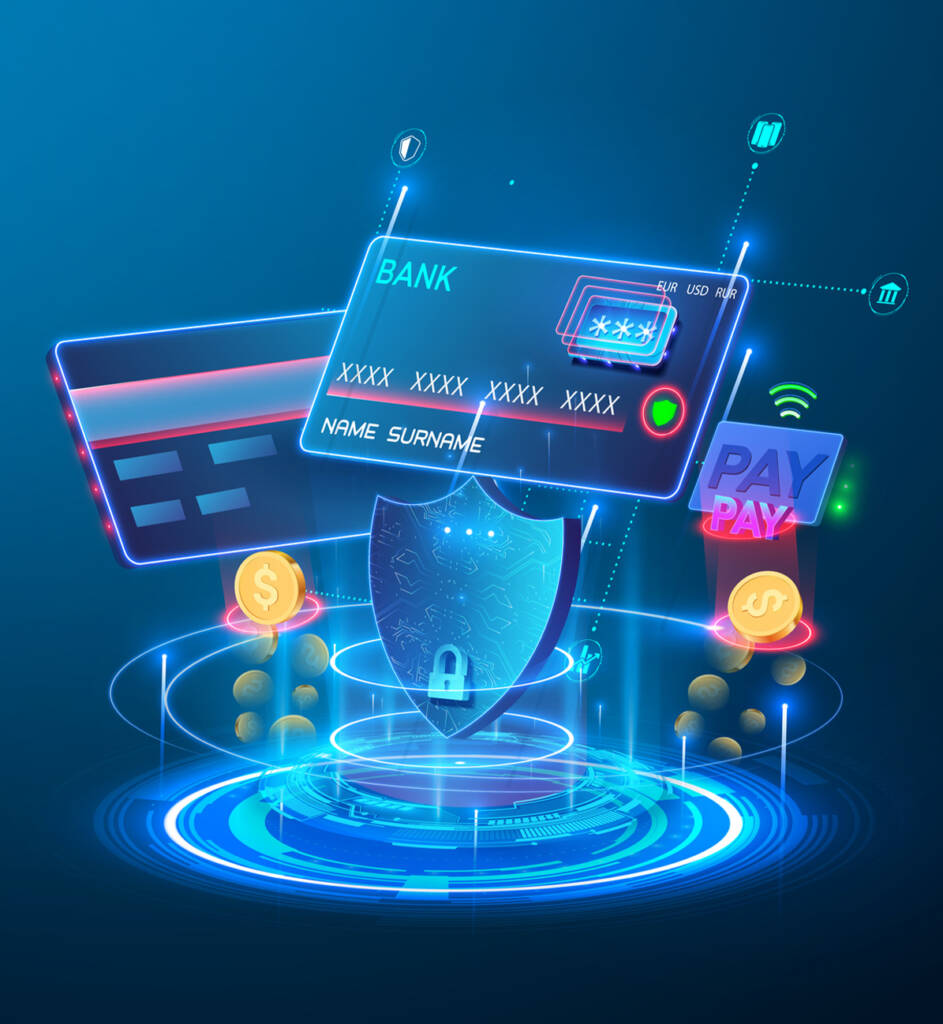
The real truth about merchant real-time payments
RTP represents the future of payments, even though it is sometimes difficult to see beyond the current dominance of card-based payments.

Why banks are consolidating payment systems now
The institutions still running fragmented payment systems aren't just falling behind. They're paying billions for the privilege.

The multi-cloud imperative: Building resilient payments for the future
Payments are rapidly evolving as customers demand seamless, instant, and global transactions, prompting financial institutions to modernize with resilient, cloud-native systems.

Never miss a payment: Building resiliency with a three-layer strategy
Safeguard revenue, customer trust, and compliance amid increasing demand for urgent bill payments.

Stop referring to payments as invisible or disappearing
Transparency in payments is essential for consumers, businesses, and the broader payment industry.

AI, bots, and the battle for trust: What merchants must rethink about fraud
AI and bots are transforming fraud, pushing merchants to update prevention strategies and improve internal coordination.

Leadership in an era of transformation
Navigate the future of payments with insights on today’s barriers, leadership strategies, and ecosystem shifts.

ACI Worldwide and IBM: Powering the next generation of enterprise payments
ACI is optimizing Base24-eps and PRM for IBM’s latest Z platform to support major global financial institutions.

Meeting borrowers in a time of financial fragility
With auto debt at $1.66 trillion and many consumers now living paycheck to paycheck, lenders must adapt as financial stress grows.

Reflecting on Payments Unleashed 2025: A message from our CEO
Payments Unleashed 2025 was a milestone in ACI Worldwide's 50-year history, celebrating our legacy and setting the stage for future payments innovation.

Unlocking the power of PAR
Leveraging payment account reference numbers to overcome common merchant challenges.

Why merchant acquirers must embrace AI to stay competitive
Acquirers must move beyond incremental improvement, as the fraud and financial crime landscape continues to accelerate.

The UK’s renewed RTGS service is live, and why now is the time to rethink your CHAPS access
For senior banking professionals, the renewal is more than an operational milestone. It is a strategic inflection point.



